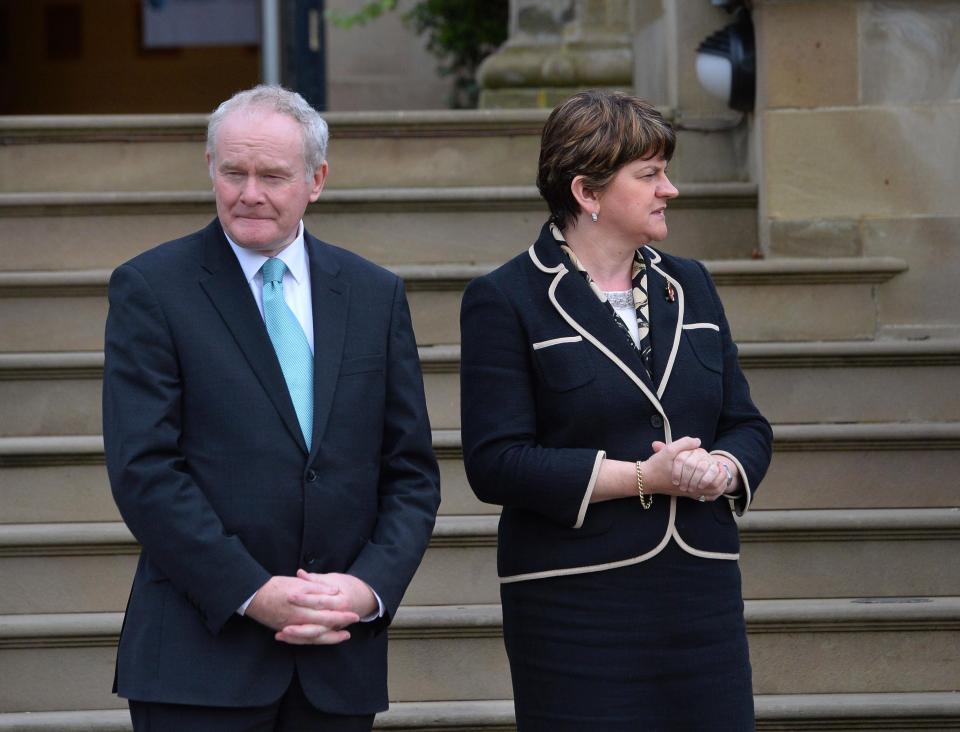This material belongs to: The Times.
Allegations of incompetence and corruption surrounding a botched green energy scheme in Northern Ireland have left many taxpayers questioning whether hundreds of millions of pounds of public money “went up in smoke”, a public inquiry has been told.
The furore over the renewable heat incentive (RHI) reached such a “fever pitch” that it struck at the heart of the region’s democratic institutions and brought down power-sharing at Stormont, a lawyer for the inquiry said.
Delivering his opening statement on the first day of the independent inquiry, David Scoffield, QC, said that “explosive” claims of political interference and improper patronage would be examined in detail.
The inquiry will investigate the design and operation of the RHI scheme, an eco-friendly state subsidy plan that left the Stormont administration facing a potential £700 million bill.
“It is hard to find a taxpayer in Northern Ireland who does not have questions to ask about how a scheme intended to do so much good turned out to have an unplanned bill of such proportions as to threaten other public spending priorities, apparently well into the future,” Mr Scoffield said.
The RHI was established to incentivise businesses to shift to renewable energy sources by offering a proportion of the costs to run eco-friendly boilers, but the subsidy tariffs were set too high and without a cap in Northern Ireland, so it ended up paying out far more than the price of fuel.
This effectively enabled some applicants to “burn to earn”, getting free heat and making a profit as they did so.
There have also been allegations that steps to limit costs were subject to inappropriate political obstruction, with the intent of enabling others to benefit.
The role of Arlene Foster, the DUP leader, was at the heart of the row that brought down the coalition with Sinn Féin in Belfast. As economy minister Ms Foster had a central role in establishing the RHI.
She will not be called to give evidence to the inquiry until next year, and has said that she acted correctly.
A series of DUP advisers, who have all rejected allegations of wrongdoing, will also appear before the inquiry chaired by Sir Patrick Coghlin.
Sir Patrick told the hearing that the inquiry team had examined a million pieces of documentary evidence.
Ms Foster’s refusal to accede to Sinn Féin’s demand that she step aside as first minister pending initial outcomes of an inquiry prompted Martin McGuinness to resign as deputy first minister in January and ended power-sharing.
Mr Scoffield said that there was “precious little” in the scope of the inquiry that was “uncontentious”. He said the inquiry would not deliberate on whether Mr McGuinness’s resignation was justified. “It is undoubtedly part of the RHI story, that concern about what happened with this scheme reached such fever pitch that it struck at the very heart of our democratic institutions.”
He said that RHI had caught the public imagination in part due to allegations of “incompetence, corruption and improper patronage”. He added: “The notion that money might be going up in smoke which could otherwise pay for doctors, nurses, teachers, policemen and so on has been anathema to many in the public.”


